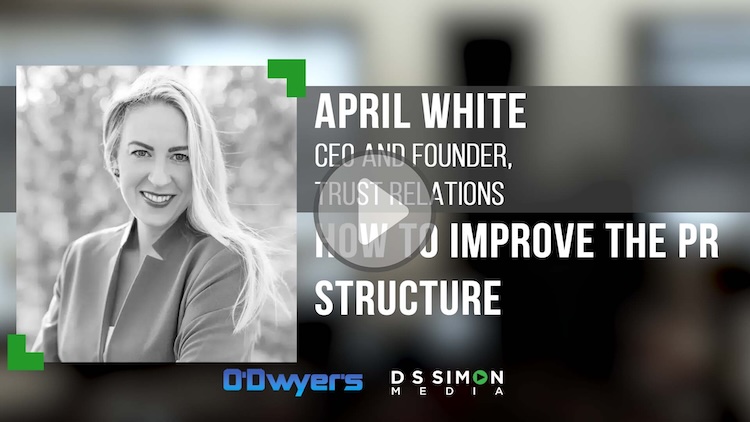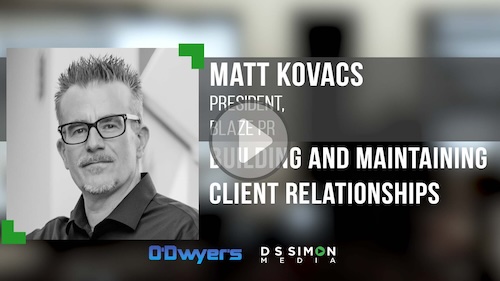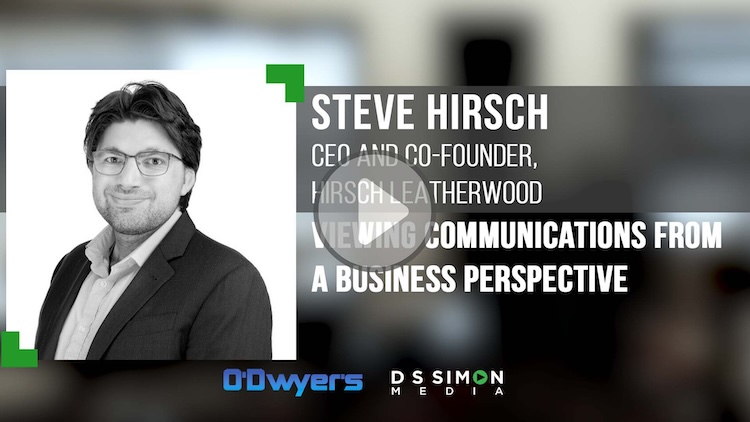 Arthur Solomon Arthur Solomon |
• Never email any sensitive information.
• Share sensitive information only on a “need to know” basis.
• Nothing is ever off-the-record.
• Keep client talking points simple. Most of the media talk in generalities because they don’t know specifics, the exception being the business press.
• It’s easy to prepare a client for an interview; most reporters will ask the obvious questions, the exception being the business press.
• Crisis specialists can’t lessen negative media coverage.
• When participating in a presentation, rehearse, rehearse, rehearse.
While the above are the most important lessons learned, there are other lessons that also apply to our business.
Spokespersons
Choose your spokespersons carefully. Early in the campaign, Donald Trump’s surrogates were argumentive and rude, cutting off replies by others and ignoring the reporter. This changed in the last weeks of the campaign, as some newer surrogates spoke on behalf of Trump in a calmer, more respectful manner. Some also had a background in government. For products promotions, it’s best to have a spokesperson who actually has a background in the product area and who can answer unexpected questions. If you use athletes for sports promotions, make certain that there is nothing unsavory in the individuals’ background that an interviewer might bring up. A squeaky clean .290 hitter is better than a .330 hitter with a flawed past.
Crisis communication specialists
PR crisis specialists’ results are over rated, as the campaign showed. Both Trump and Hillary Clinton couldn’t keep bad news from being reported day-after-day. In a crises situation, explain ASAP once the facts are clear, not before. PR people shouldn’t think a client media crises is over just because the press has stopped reporting on it. You never know when the crisis will again make headlines. As Yogi Berra said, “It ain’t over til it’s over,” and only the media will decide when it’s over.
Dealing with media
As cable TV interviews proved when interviewing political surrogates over the past year and a half, most TV reporters will not challenge your facts, but print reporters will. This was evident throughout the last year and a half, when cable TV covered Trump rallies verbatim despite his rhetoric containing outright lies without on-the-scene cable reporters immediately pointing out the mendacity, revealing why they were unqualified for the job.
The message
One thing that watching TV coverage of the political campaign showed was that everyone on a PR team should have the same talking points when speaking to the press.
Turning a negative media question into a positive
This flawed media training tenet hardly ever works and should be tried only by an experienced spokesperson. The tactic was attempted many times a day throughout the campaign by both Clinton and Trump surrogates to no avail, as reporters said, “You’re not answering my question.”
Two important lessons from the election: 1) The best strategies are not infallible. Have a back-up plan. Be flexible. Nothing is cast in stone, and 2) don’t ignore your friends. The Clinton campaign paid scant attention to Michigan and Wisconsin, because of their many years of voting Democratic. Big mistake. They should have followed the advice of Sun-tzu, a Chinese military strategist of ancient times (400 B.C.), and Machiavelli, both of whom are credited with saying, “Keep your friends close, and your enemies closer.”
***
Arthur Solomon was a senior VP at Burson-Marsteller. He now is a contributor to public relations and sports business publications, consults on PR projects and is on the Seoul Peace Prize nominating committee. He can be reached at [email protected].










 Have a comment? Send it to
Have a comment? Send it to 
No comments have been submitted for this story yet.